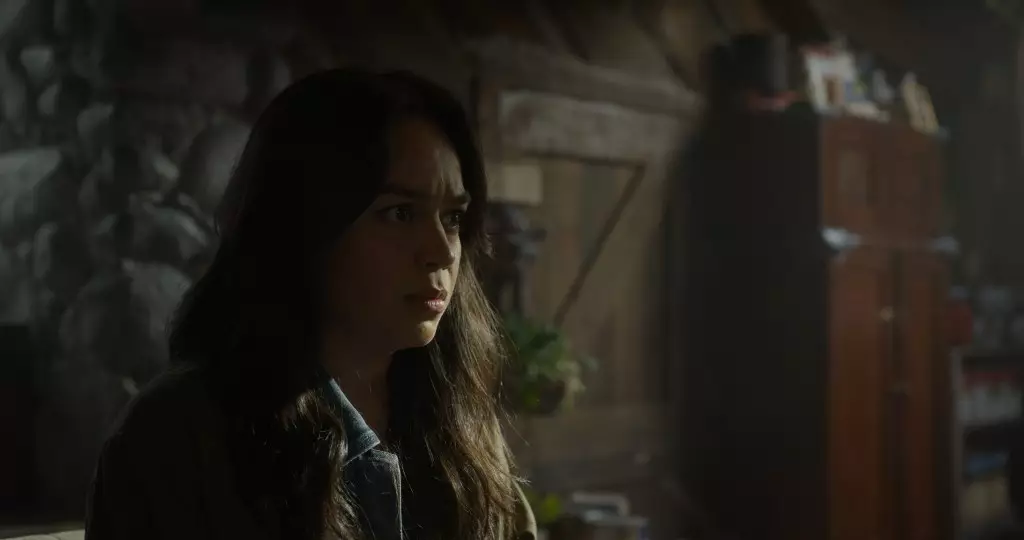For over two decades, the Final Destination franchise has been a cornerstone of horror cinema, notorious for its unique premise that transforms ordinary moments into terrifying near-death encounters. With the release of Final Destination: Bloodlines on May 16, director Zach Lipovsky hints at a refreshing reincarnation of this beloved series. This sixth installment promises to shake things up not only in narrative structure but also in its thematic approach to death itself.
Unlike its predecessors, which have famously followed a straightforward formula of premonitions leading to gruesome deaths, Bloodlines takes audiences back to a pivotal moment in 1969. This change in temporal perspective invites viewers to dissect the line between fate and free will, a philosophical clash that could breathe new life into the franchise. Lipovsky’s assertion that the characters are not who they seem at the outset allows for the suspense to reach a new apex. Anticipating death’s cruel joke is one thing—being constantly blindsided by it is another entirely.
Shattering Predictability in Death’s Game
One of the most alluring aspects of Bloodlines is Lipovsky’s commitment to breaking away from the predictability that has defined many of the series’ earlier films. Traditional horror often relies on a seeming inevitability—where viewers can almost trace the path of impending doom for each character. However, by introducing swerves that challenge audiences’ expectations, Lipovsky taps into a deeper layer of psychological engagement. This unpredictability promises to elevate the viewing experience, transforming casual observers into active participants who are compelled to anticipate each character’s fate.
Moreover, by interspersing a mix of both modern and nostalgic elements, the director creates a disconcerting contrast that could serve as a commentary on how cyclical violence manifests in different eras. Stefanie, the college student grappling with her family’s grisly fate, embodies this struggle. By grounding the horror in relatable fears—familial protection intertwined with personal loss—the film likely resonates far beyond visceral thrills.
Cultural Reflections Intertwined with Horror
As the franchise embarks on this new chapter, it is essential to recognize the cultural implications of Bloodlines. The film arrives at a time when society is increasingly aware of issues related to mortality, the fragility of life, and the specter of violence that pervades both personal and collective experiences. Lipovsky’s focus on a protagonist whose nightmares propel her towards confronting a nightmarish reality serves to illuminate how trauma resonates through familial lines, ultimately emphasizing an unsettling yet poignant exploration of legacy.
In an age saturated with horror that often leans too heavily on shock value, the potential for Bloodlines to venture into psychological territories could redefine viewer engagement. It urges audiences to reflect not only on death’s certainty but also on the emotional ramifications of loss that linger long after the credits roll.
Overall, Final Destination: Bloodlines seeks not merely to entertain but to provoke thought. It invites viewers to confront not just the inevitable approach of death, but also the myriad ways that life’s intricate connections shape our understanding of pain and survival. With its innovative twists and deep-seated themes, this sequel may just be the fresh and haunting breath of air that the franchise needs.


Leave a Reply